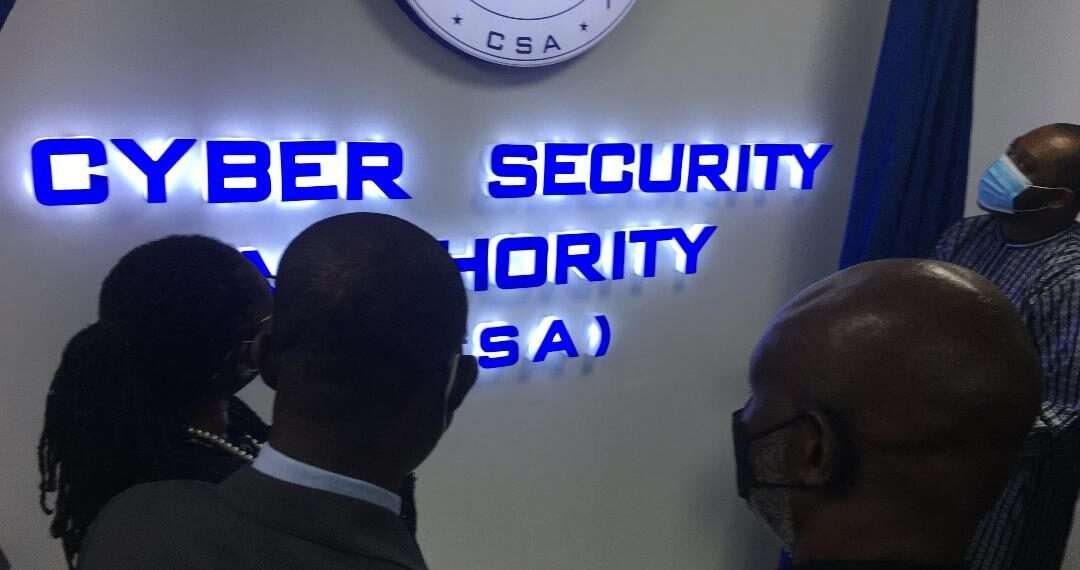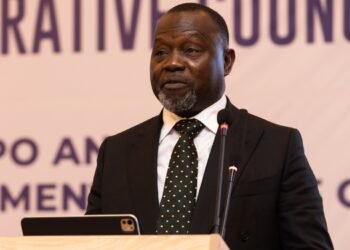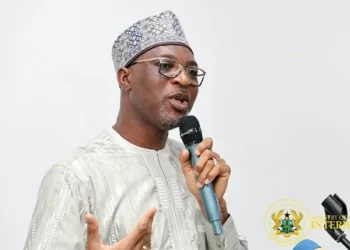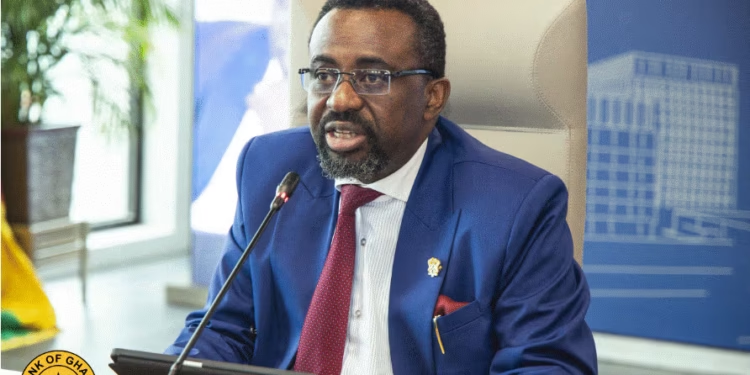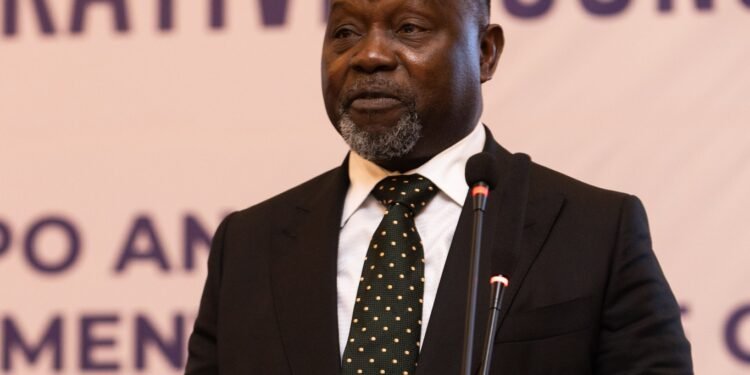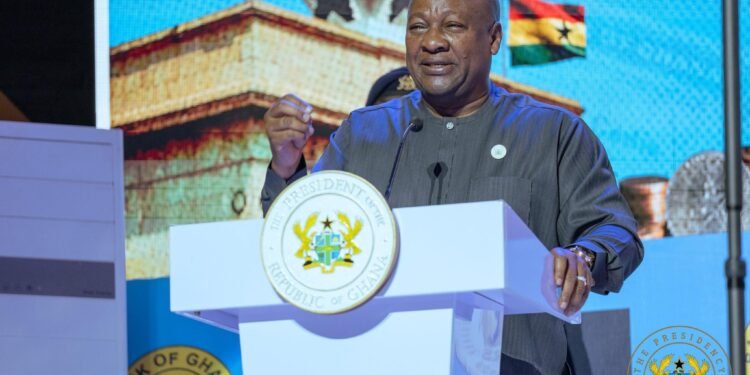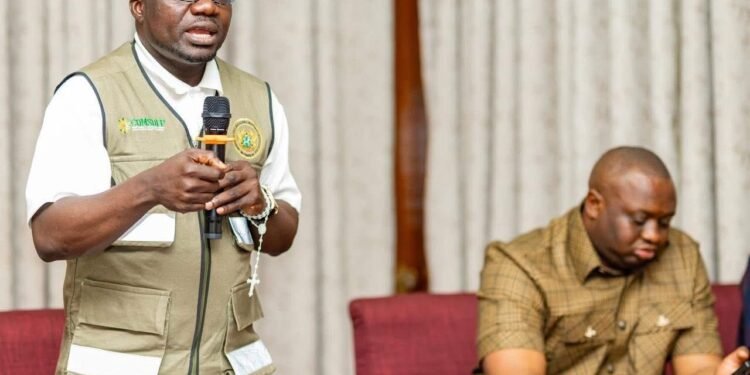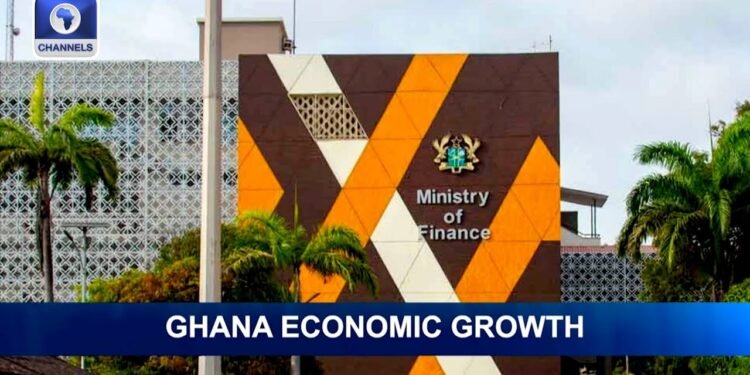The Cybersecurity Authority of Ghana has intensified efforts to combat the rising threat of misinformation and disinformation in the lead-up to the December general elections, emphasizing the pivotal role that journalists must play in safeguarding the democratic process.
As the nation gears up for a highly anticipated election, authorities are concerned about the increasing volume of false information circulating on social media, which threatens to undermine public trust.
At a media forum marking Cybersecurity Awareness Month, Isaac Socrates Mensah, a senior manager with the Cybersecurity Authority, highlighted the urgent need for journalists to take the lead in the fight against false narratives in the digital space.
“One of the biggest threats to our democracy as we approach the general elections is the issue of misinformation and disinformation within the internet space.”
Isaac Socrates Mensah, Senior Manager with the Cybersecurity Authority
He noted that with social media emerging as a primary news source for many Ghanaians, the challenge of controlling the spread of false information has become more complex.
The rapid dissemination of misinformation could potentially erode public trust in the election process and destabilize the political environment.
Mr. Mensah’s concerns are not without basis. According to a Statista report, over 83% of Ghanaians are now connected to the internet, a significant increase that amplifies the potential impact of disinformation on public opinion.
The Cybersecurity Authority’s 2023 report recorded a notable rise in online fraud and misinformation-related incidents, with more than 2,700 cybercrime cases reported last year.
Many of these incidents are attributed to social engineering techniques—methods used by cybercriminals to manipulate individuals into sharing false information or compromising personal data.
The increasing reliance on social media platforms like Facebook, Twitter, and WhatsApp for news has made it easier for misinformation to spread, often leaving users vulnerable to manipulation and exploitation.
Mr. Mensah stressed that while misinformation is a global issue, its specific consequences in Ghana are particularly pronounced as the December general elections approach. “Journalists are at the forefront of the fight against misinformation, which poses a serious threat to Ghana’s electoral stability,” he emphasized.
“As journalists, you have the power to shape narratives and combat misinformation, which has become a growing issue.
“When the information is false, you are the ones who come out to tell the public that it is false.”
Isaac Socrates Mensah, Senior Manager with the Cybersecurity Authority
Mr. Mensah added that journalists, as influencers of public opinion, must leverage their platforms to correct misinformation and prevent its spread.
To support this effort, the Cybersecurity Authority has taken steps to provide journalists with the tools and training necessary to identify and verify accurate information. At the forum, at least 30 journalists were educated on best practices for fact-checking and source verification.
The Authority also encouraged journalists to become ambassadors of cybersecurity awareness, sharing critical information with their audiences to help protect them from online scams and misinformation.
Role of the Media in Cybersecurity Awareness
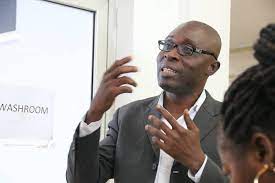
The media forum also saw contributions from key industry figures, including Kofi Yeboah, General Secretary of the Ghana Journalists Association (GJA), who echoed Mensah’s sentiments about the pivotal role of journalists in the fight against misinformation.
“Anything to do with information is a critical thing to us. Journalism or the media thrive on credibility. And so, we have to make sure that the information we give to people must be credible.”
Kofi Yeboah, General Secretary of the Ghana Journalists Association (GJA)
Mr. Yeboah further highlighted the dangers posed by misinformation in the digital age, particularly as the December elections near. “If we want to inform, we must give credible information. The moment you are getting it wrong, it undermines your credibility,” he warned.
The emphasis on journalism’s role in combating misinformation reflects broader concerns about the potential impact of false information on Ghana’s democratic process.
Disinformation campaigns, especially those targeting elections, have been a growing global issue, influencing public opinion and political outcomes in various countries.
In Ghana, the stakes are particularly high. The December elections are expected to be hotly contested, and any erosion of public trust could have lasting repercussions on the nation’s political stability. By working together with the Cybersecurity Authority, journalists can play a crucial role in mitigating this threat and ensuring that the democratic process remains intact.
READ ALSO: Bullgod Warns Nana Addo, Appointees Amid Galamsey Menace

